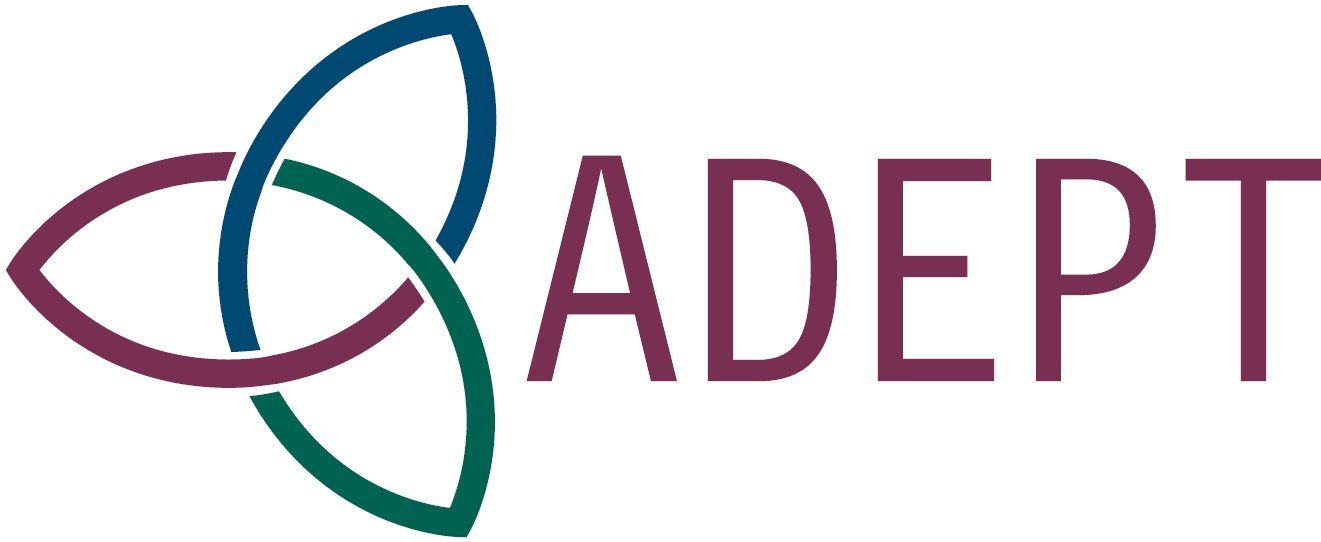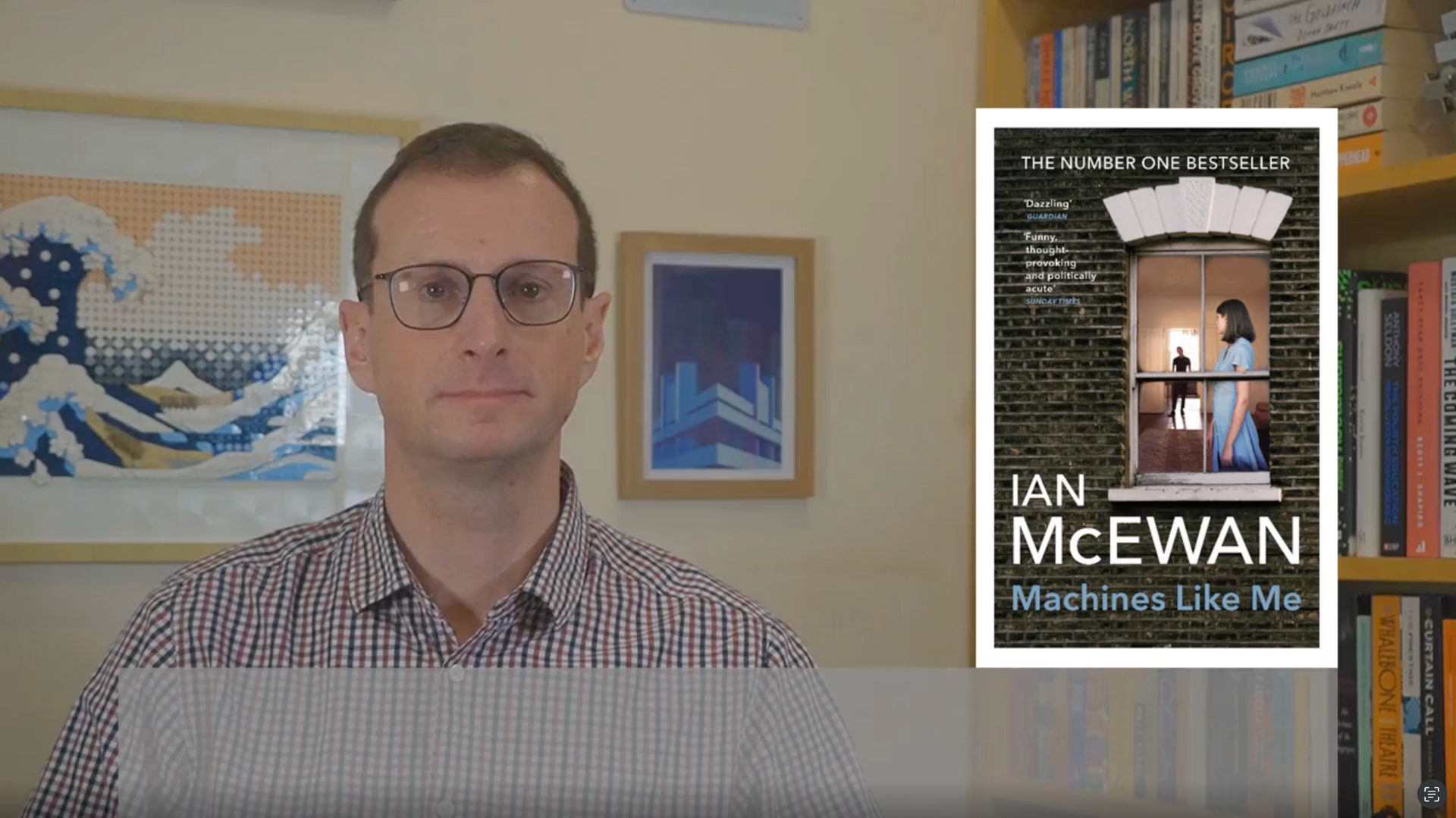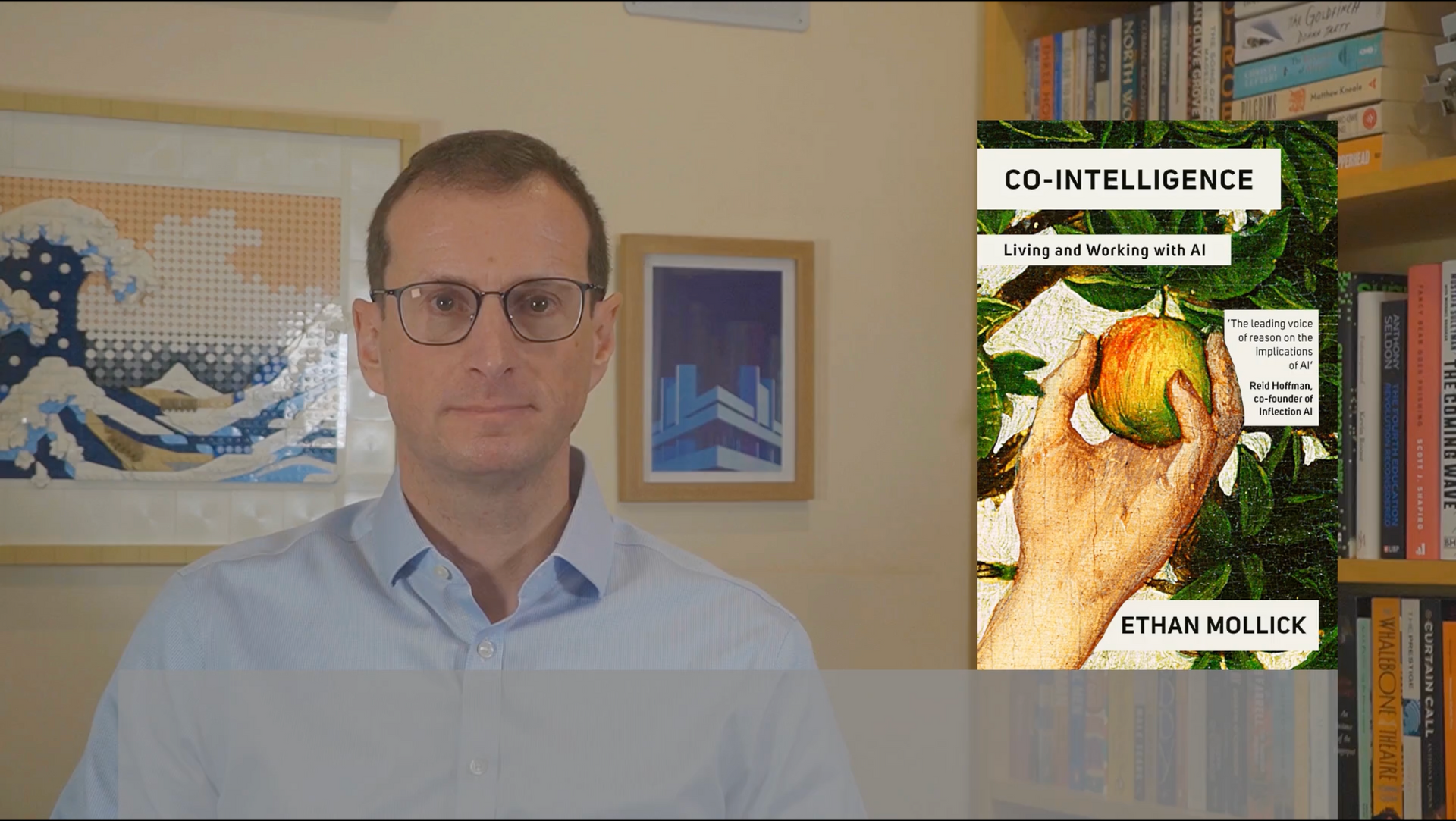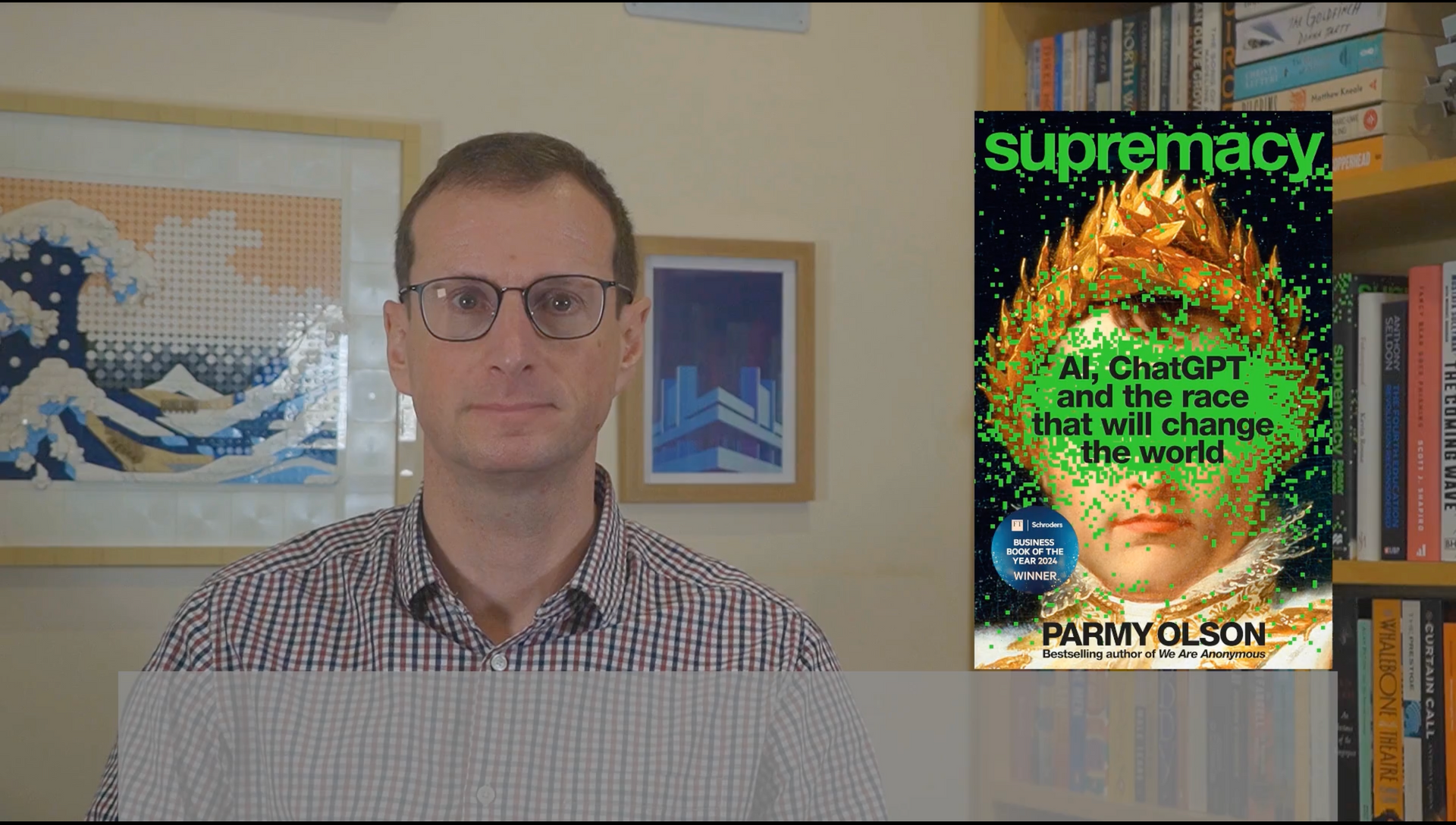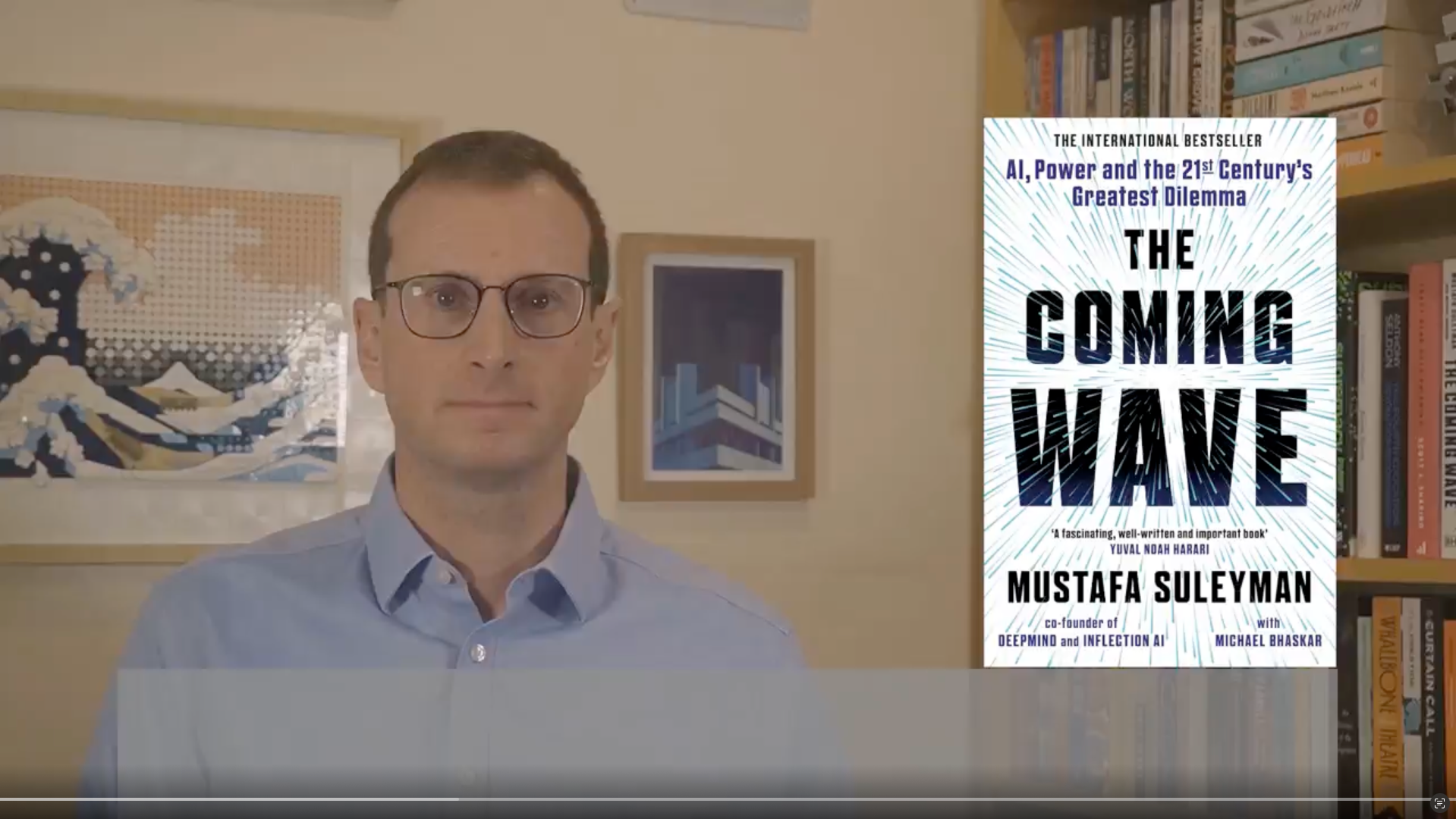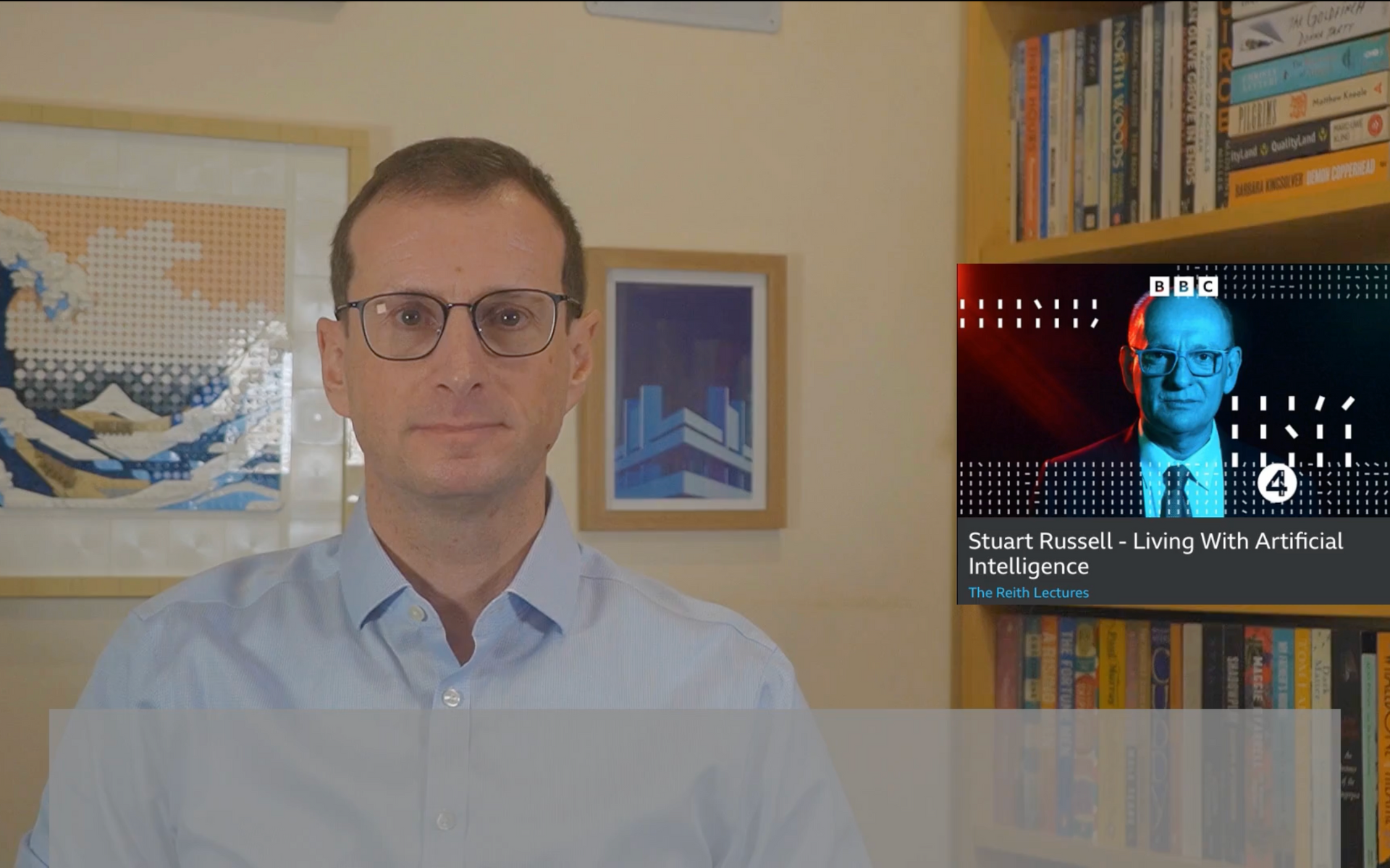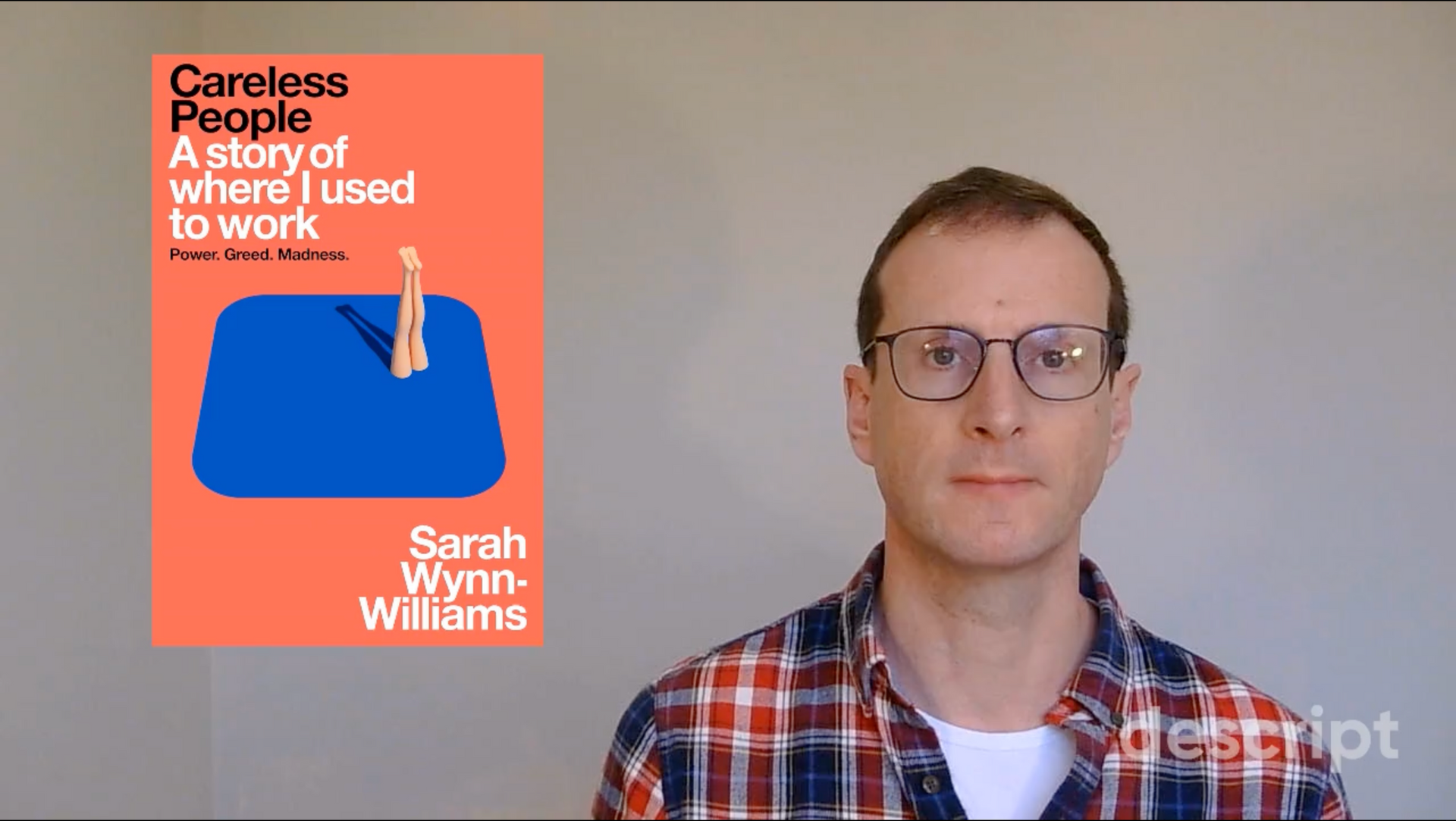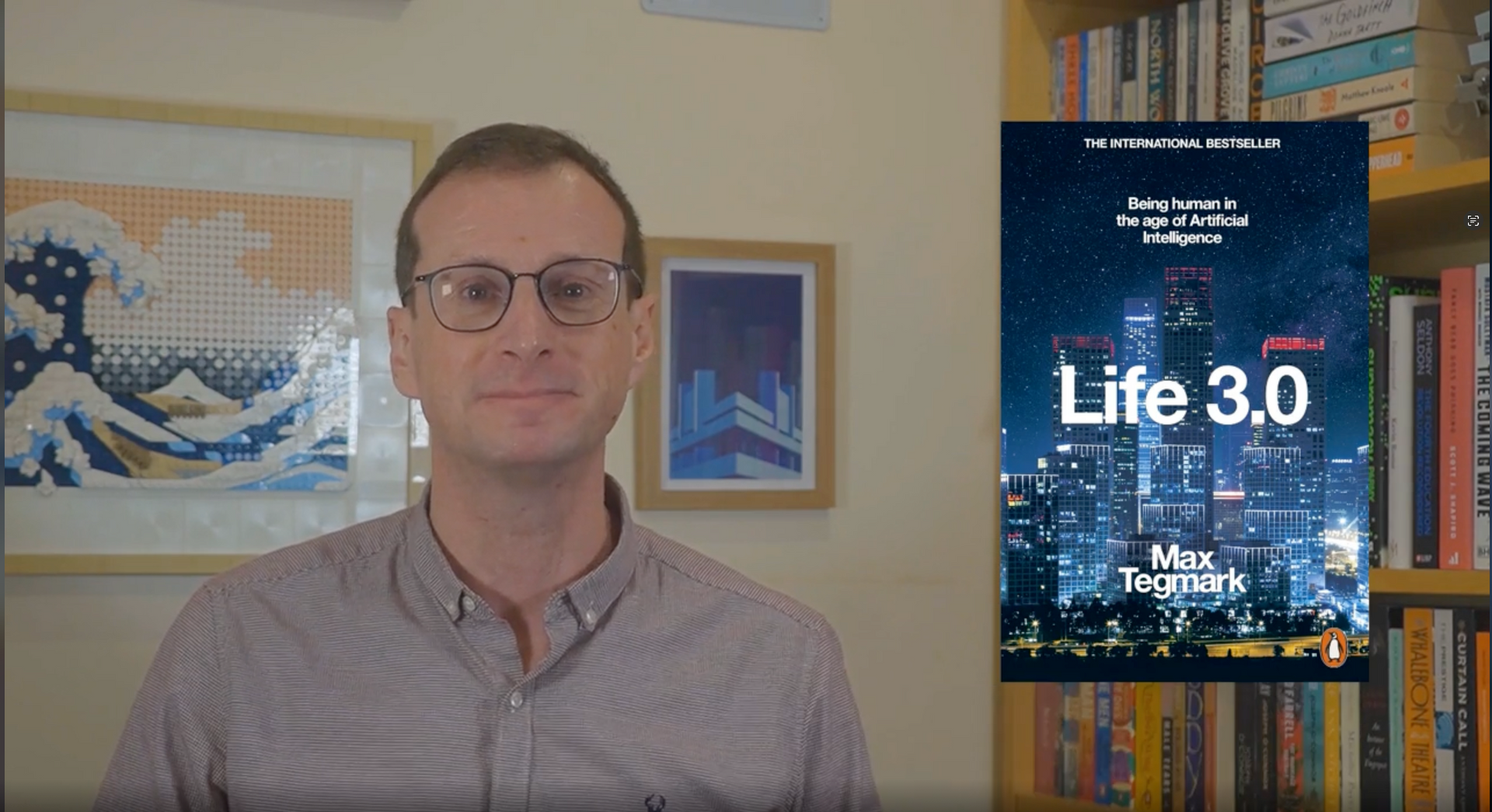What does the future hold for the accountancy profession?
David Culley • 10 April 2020
Accountancy institutes are entreating members to close their skills gaps so that they can translate threats associated with technology into opportunities.

What does the future hold for the accountancy profession?
Technology is revolutionising all aspects of our working lives and the accountancy profession is no exception. Research by Oxford University published in 2013 identified accountancy as one of the professions most susceptible to computerisation, with a 94% probability that the current role will be automated by 2033. (Frey & Osborne, 2013)
Professional institutes including ACCA, CIMA and ICAEW are entreating their members to understand this revolution so that they are not rendered obsolete but instead translate this threat into an opportunity to reinvent themselves.
Now is the opportunity of a lifetime for the accountancy profession to build on its strong foundations and evolve. It’s a unique chance to repurpose the profession for the modern world of work. (ACCA, 2020)
This blog outlines just two of the themes I am currently researching for a report, The future of the accountancy profession, to be published in the coming months. This report will distil the latest academic thinking on the subject of future-proofing accountancy and combine it with the real-life experiences of industry leaders. Its ultimate purpose is to provide professional accountants with a practical road map that enables them to avoid the potential career dead-ends ahead and instead exploit the new development opportunities that are emerging.
To request a free copy of this report when it is published, simply register your email address at the end of this article.
Generation Next
Accountants who have been qualified for over a decade face more obstacles in their career path than those who are newly qualified.
ACCA, CIMA and ICAEW have all made major changes to their syllabi in recent years in order to recognise the increasing importance of technology and nurture new, value-adding skill sets. As a result, those entering the accountancy profession today are relatively well equipped to deal with the changes arising from technology and globalisation. (ACCA, 2016)
However, accountants qualifying under old syllabi will have developed more traditional skills in an academic environment where the full power of technology was not fully appreciated. The institutes have provided ample research on this, but it is up to each accountant to understand and close this gap through continuing professional development. The risk here is that those who have not identified and fully understood their gap will be left behind.
Data analytics
It’s up to accountants to decide whether data analytics is an opportunity or threat to their careers.
Although we all generate huge volumes of electronic data each day, there is a widespread lack of appreciation of data’s value as fuel for machine learning. In fact, The Economist announced in 2017 that “the world’s most valuable resource is no longer oil, but data.” (The Economist, 2017)
Few people would dispute the stereotype that spreadsheet analysis is the domain of the accountant. However, data analytics has been revolutionised by big data, machine learning and Artificial Intelligence. Freed from the constraint of a two-dimensional Excel sheet, machine learning has reached a point where complex accountancy activities such as fraud detection and tax advice can be performed more effectively by a machine than a human. (ACCA, 2019)
While this might suggest a bleak future for the accountant, data analytics creates an opportunity for the accountancy profession to take the lead in setting and delivering an organisation’s data strategy. However, for this to work, accountants need to understand how their current skill set feeds into this opportunity and also to identify gaps in their knowledge and understanding of this rapidly changing field.
Conclusion
As technology exerts ever more influence over our domestic lives and careers, we would be forgiven for feeling we are becoming subservient to it. However, technology needs to be seen as a tool to be harnessed so that we can live and work more efficiently and effectively. This is especially important for accountants who face a technology-created crossroads.
Accountants are being asked by their professional institutes to reinvent themselves. By pro-actively identifying gaps in their skills and knowledge, accountants will be ideally placed to take full advantage of the challenges the future offers. However, those choosing to remain as they are risk finding themselves obsolete.
For a more in-depth exploration of these and other issues impacting on the accountancy profession, as well as a road map of next steps, register your email address below and you will receive a free copy of the report, The future of the accountancy profession, when it is published.
Subscribe to Adept Training's distribution list for the latest news and research on professional business, technology, finance and accountancy training, including the Future of the Accountancy Profession
report, to be published later in 2020:
The Future Of the accountancy profession
* indicates required field.
Your contact details will be held in line with GDPR and will not be shared with any third parties. You can unsubscribe at any time by clicking on the link in the email or contacting david@adept-training.co.uk.
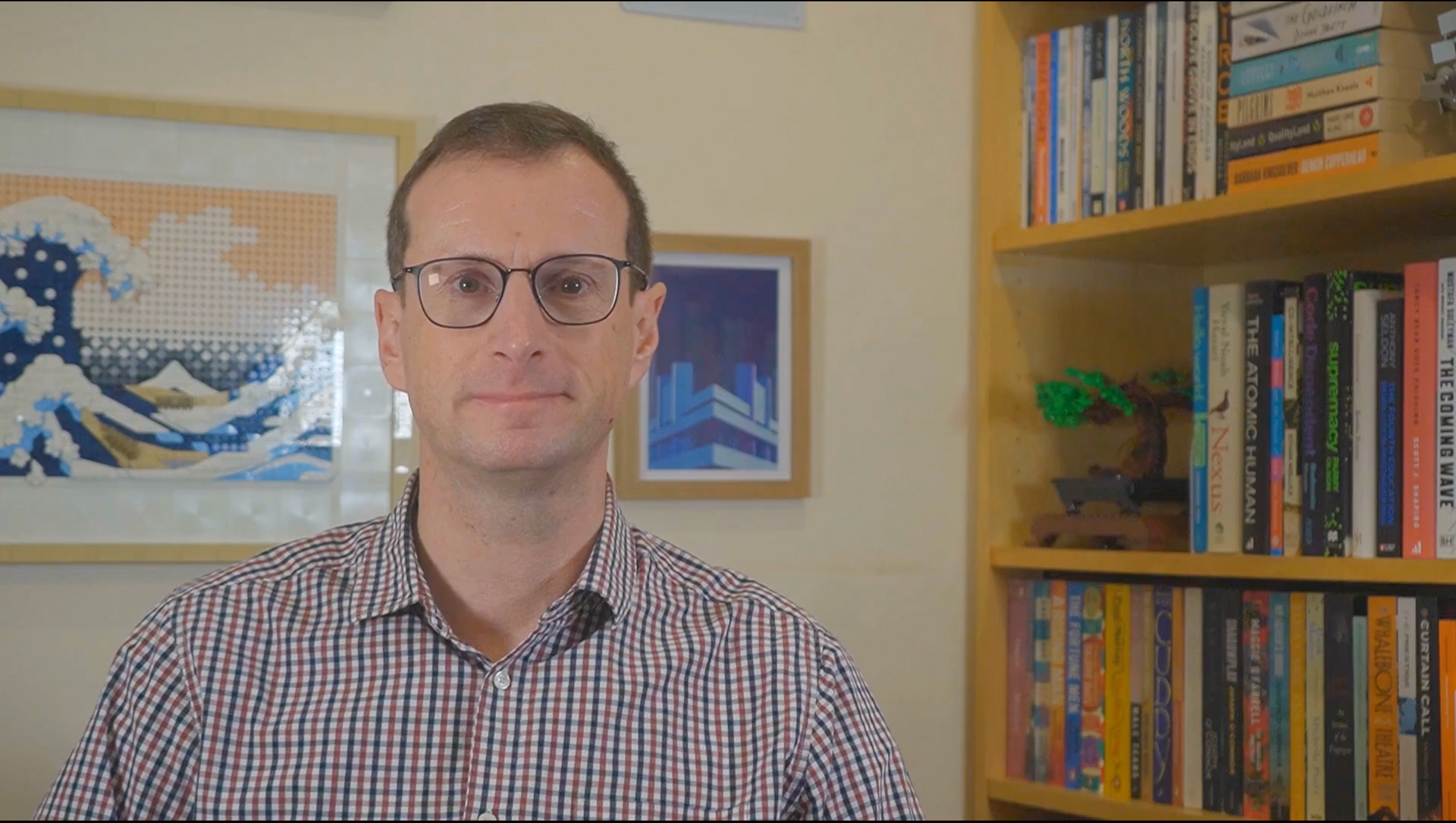
· Are you concerned about the impact of AI on your organisation or job role? · Are you keen to explore the opportunities and threats that AI presents? · Or are you simply looking for someone to demystify the world of AI for you? I’ve picked some of my favourite AI research – the content which informs my courses and raises interesting and important questions about AI – and I’ll be summarising them in a series of short, practical book reviews. Whatever aspect of AI you’re interested in, you will find something valuable here. Stay tuned for my reviews over the coming weeks! Follow me on LinkedIn for all my latest posts: https://www.linkedin.com/in/dprculley/
